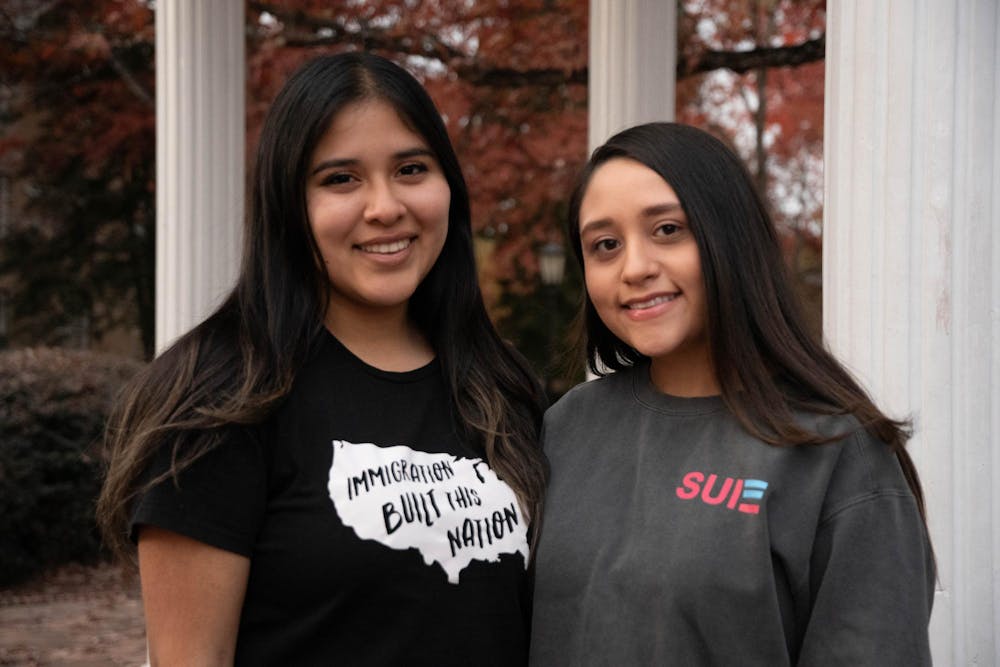For Keny Murillo Brizuela, the Deferred Action for Childhood Arrivals program — commonly known as DACA — is the reason he is able to attend UNC's School of Medicine.
DACA protects undocumented individuals who entered the United States as children from deportation. Without the work permit provided to him by DACA, Brizuela said he couldn’t be hired as a doctor in the United States.
“If there was no DACA, I would just be another undocumented individual with a medical degree,” he said.
Students United for Immigrant Equality at UNC, or SUIE, is currently accepting scholarship applications for individuals with DACA status. President Rosa Elias said the scholarship application opened at the end of October and will be available until Nov. 30.
SUIE is hoping to give four or five recipients $500 scholarships this year, although exact amounts of recipients and awards will be dependent on the amount of funding obtained by the award’s deadline. Elias said funding is coming from businesses in Chapel Hill, Greensboro, Asheboro and other surrounding areas.
“With that [funding], we've been able to raise more than $1,500,” she said.
Elias said one reason for the monetary goal is because DACA work permits cost $500 and must be renewed every two years. SUIE Co-vice President Carolina Mendez said DACA recipients must also pay out-of-state tuition regardless of if they are a North Carolina resident.
Beyond the cost of higher education, Brizuela said being a DACA recipient comes with extra financial restraints. For example, traveling out of the country requires an application for advance parole (I-131A) that comes with a $575 fee, according to the U.S. Citizenship and Immigration Services website.
“I think undocumented students are often overlooked in the school system, and we wanted to make sure we kind of provided a bit of financial support for anything,” Mendez said.




